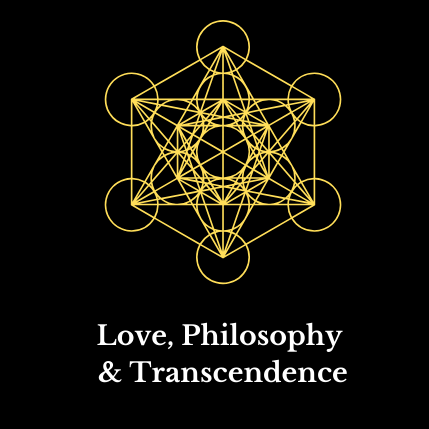0:00
in this video we'll delve into the
0:02
fascinating world of friedi nich's
0:04
philosophical ideas particularly his
0:06
groundbreaking thoughts on Greek tragedy
0:10
1872 n's revolutionary Concepts
0:13
challenged traditional Notions of
0:15
Aesthetics morality and The Human
0:17
Condition and continue to influence art
0:20
literature and philosophy to this day
0:23
join us as we explore the intricacies of
0:25
Nature's philosophy and how it relates
0:28
to the world of Greek tragedy and art
0:31
from the birth of tragedy to the death
0:32
of God we'll examine the key ideas that
0:35
shaped Nature's thoughts on creativity
0:38
culture and The Human
0:40
Experience in the mid 19th century art
0:43
and philosophy were faced with a growing
0:47
disillusionment the traditional values
0:49
that once guided creative expression
0:51
were slowly crumbling leaving artists
0:53
and thinkers searching for new ways to
0:55
make sense of the world nature being a
0:59
product of this era was deeply concerned
1:01
about the decline of these values and
1:03
the impact it had on artistic expression
1:06
he saw how art was becoming increasingly
1:09
superficial lacking the depth and
1:11
emotional resonance that once
1:12
characterized the great works of ancient
1:15
Greece this concern LED nature to
1:18
question the very foundations of Art and
1:21
philosophy he believed that the decline
1:23
of Traditional Values was not just a
1:25
superficial problem but rather a symptom
1:28
of a deeper issue a lack of
1:30
understanding about the human condition
1:32
he argued that artists and thinkers had
1:34
lost touch with the fundamental forces
1:37
that drive human existence and as a
1:39
result their work suffered from a lack
1:41
of authenticity and passion as nature
1:44
delved deeper into the problem he began
1:47
to see that the issue was not just about
1:49
the decline of values but about the way
1:51
people understood the role of Art in
1:54
society he believed that art should not
1:56
be a mere form of entertainment or
1:58
decoration but rather means of exploring
2:01
the deepest and most profound aspects of
2:04
existence this led him to develop a new
2:07
understanding of art one that emphasized
2:09
its potential to reveal the truths about
2:12
human nature n's philosophy was shaped
2:15
by his fascination with ancient Greece
2:18
particularly the tragedies of escalus
2:21
Sophocles he saw in these Works a depth
2:23
of emotion and a level of artistic
2:25
sophistication that was unmatched in
2:27
modern times he believed D that these
2:30
ancient tragedies held the key to
2:32
unlocking the secrets of human nature
2:34
and that by studying them he could gain
2:36
insight into the fundamental forces that
2:40
existence the core of Nature's
2:42
philosophy revolves around the
2:44
apollonian and dionysian dichotomy he
2:48
believed that all art and culture could
2:50
be understood as a struggle between
2:51
these two opposing forces the apollonian
2:55
represents reason order and control
2:58
while the dionysian repres presents
3:02
creativity nature saw that the great
3:05
works of ancient Greece were able to
3:07
balance these two forces creating a
3:09
sense of tension and resolution that
3:11
gave their art its profound emotional
3:14
depth Nature's ideas on the importance
3:16
of embracing chaos and suffering in art
3:19
are both provocative and
3:21
insightful he believed that true
3:23
creativity only emerges when we are
3:25
willing to confront the darkest aspects
3:27
of human existence by embracing the
3:30
dionysian the artist is able to tap into
3:33
the Primal forces that drive human
3:35
nature creating art that is raw
3:39
authentic in this sense Nature's
3:42
philosophy is not just about art but
3:45
about The Human Condition itself he
3:47
believed that by confronting the chaos
3:49
and uncertainty of life we can gain a
3:52
deeper understanding of ourselves and
3:54
the world around us this is what makes
3:56
his ideas so revolutionary for they
3:59
challenge us to rethink our assumptions
4:01
about the role of Art in society and The
4:03
Human Condition as a whole Nature's
4:06
ideas continue to influence contemporary
4:08
views on Art and tragedy emphasizing
4:11
their lasting relevance his philosophy
4:14
has inspired generations of artists
4:17
thinkers and philosophers and continues
4:19
to be a powerful force in shaping our
4:22
understanding of human
4:23
nature so what do you think about n's
4:27
ideas on Greek tragedy and art do you
4:30
think his philosophy is still relevant

